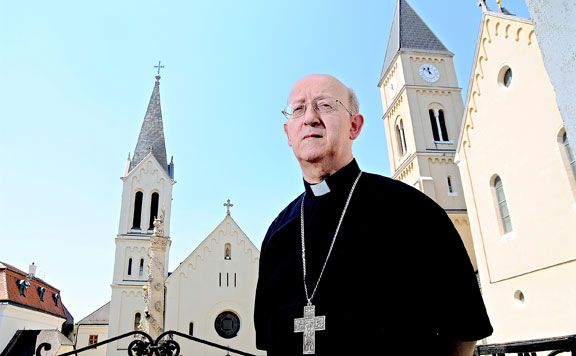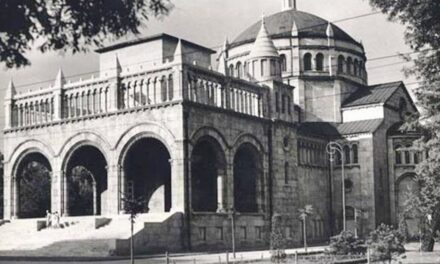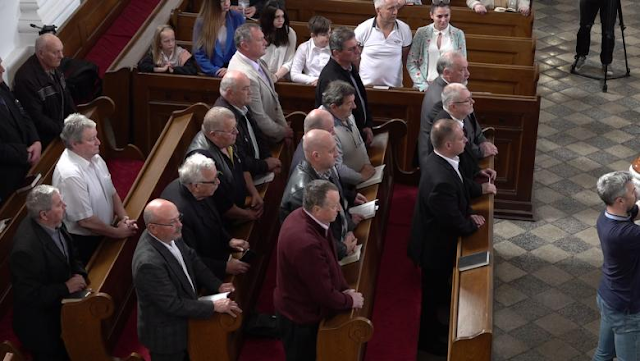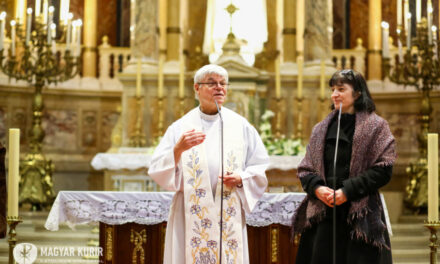It goes without saying that every major religion plays a role in public life, so it also has a connection with politics.
Most people are not only citizens of a country, but also members of a church community, so they need the support of both the state and the church. The task of the state is primarily to take care of the natural needs : livelihood, community relations, transport, public safety, etc. The task of churches is primarily to help their members their supernatural needs : practicing religion on an individual and community level, providing religious education, arranging liturgies and joint services.
A person who is both a citizen of a state and a member of a church is not two persons, but only one. It is normal for the state and the church - while respecting each other's autonomy - to cooperate in meeting the mentioned needs, just as parents - in normal cases - cooperate in the physical and spiritual education of their children.
The complete separation of the state and the churches is just as unhealthy as the divorce of the parents: separately, they can no longer help their children develop in an optimal way. But the complete fusion of the state church, the state and the church is not healthy either, because children need both father and mother for their harmonious growth. In the case of correct cooperation, the state can help the church, for example, in the maintenance of churches and the financial support of pastors; at the same time, the church also helps the state: teaching secular sciences in its schools, participating in nursing care, caring for the poor, etc. Where quality pastoral work is carried out: tax morale, work morale, public safety are better, and church monuments of value to the state are also in better condition...
Based on the above considerations, the situation in Hungary today and the situation in Eastern European countries in general can be said to be ideal. On the other hand, the complete separation of church and state, which is common in Western Europe, is not considered optimal. In France, for example, I cannot enter a mayor's office with a bishop's cross, I have to forget in the cloakroom that I am a Christian at all... At the same time, the religious mayor cannot cross himself if he enters a church in his capacity as a secular official, for example to show it to his guests. He is not a member of the church there, but a representative of the lay state...
Islamic states tend to represent the opposite extreme. Sharia law, based on the Qur'an and the Sunnah, is either fully (as in Iran or Saudi Arabia) or substantially incorporated into the country's legislation, including the criminal code. In several countries, anyone who disrespectfully mentions Allah, Muhammad or the Koran is gambling with their life: they can be sentenced to death and even executed.
Dec. 1948 On the 10th, representatives of all Islamic states, except Saudi Arabia, signed the Universal Declaration of Human Rights - with the note that it is only "valid in conjunction with Sharia law". It seems that the UN officials were as stupid (or out of character) as they are today: they didn't notice - or didn't want to notice - that this signature was just a charade on the part of the Muslims. The essence of the declaration is that all people are equal before the law. And the essence of Sharia is exactly the opposite: slaves, kafirs and women are not equal to true Muslim men...
Author: Gyula Márfi













